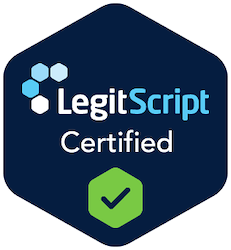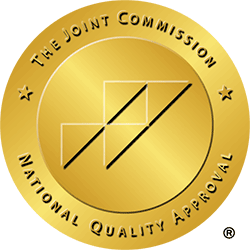
Addiction is a complex and multifaceted condition that affects millions of people worldwide. One of the key characteristics often observed in individuals struggling with addiction is impulsiveness. At BriteLife Recovery, we understand the intricate relationship between impulsiveness and addiction and how addressing this connection can play a crucial role in effective treatment and recovery.
Understanding Impulsiveness
Impulsiveness is the tendency to act on a whim, without considering the consequences of the actions. This behavior is often driven by an immediate desire for gratification, leading individuals to make hasty decisions that can have negative long-term effects. Impulsiveness can manifest in various forms, such as spending money recklessly, engaging in risky behaviors, or, notably, substance abuse.
The Connection Between Impulsiveness and Addiction
Immediate Gratification
One of the hallmarks of impulsiveness is the need for immediate gratification. This need is closely linked to addictive behaviors, where individuals seek out substances or activities that provide quick and intense pleasure. Drugs and alcohol, for example, can produce immediate feelings of euphoria or relief from stress, which impulsive individuals may find particularly appealing.
Impaired Decision-Making
Impulsiveness often leads to impaired decision-making. People who are impulsive tend to prioritize short-term rewards over long-term benefits. This mindset can make them more susceptible to addiction, as they may repeatedly choose to engage in substance use despite knowing the potential long-term consequences. This cycle of poor decision-making reinforces addictive behaviors and makes it difficult to break free from the grip of addiction.
Neurobiological Factors
Research has shown that there are neurobiological links between impulsiveness and addiction. Both conditions are associated with dysfunctions in the brain’s reward system, particularly involving the neurotransmitter dopamine. Dopamine plays a key role in the brain’s pleasure and reward pathways, and abnormalities in dopamine regulation can lead to heightened impulsivity and increased susceptibility to addiction.
Managing Impulsiveness in Addiction Recovery
Behavioral Therapies
Behavioral therapies are essential in addressing impulsiveness in addiction recovery. Cognitive-behavioral therapy (CBT), for example, helps individuals recognize and change negative thought patterns and behaviors. By learning to anticipate and manage impulsive urges, patients can develop healthier coping strategies that reduce the likelihood of relapse.
Mindfulness and Self-Control Techniques
Mindfulness practices, such as meditation and deep breathing exercises, can help individuals increase their awareness of impulsive thoughts and behaviors. These techniques promote self-control and can reduce the impulsive reactions that often lead to substance use. By cultivating mindfulness, individuals learn to pause and reflect before acting, which can significantly improve their ability to make healthier choices.
Medication-Assisted Treatment (MAT)
For some individuals, medication-assisted treatment (MAT) can be an effective way to manage both impulsiveness and addiction. Medications such as naltrexone, buprenorphine, and methadone can help reduce cravings and stabilize brain chemistry, making it easier for individuals to control impulsive behaviors and focus on their recovery.
Support Systems
Having a strong support system is crucial in managing impulsiveness during addiction recovery. Support groups, therapy sessions, and family involvement provide a network of accountability and encouragement. These support systems can help individuals stay committed to their recovery goals and navigate the challenges of impulsive behaviors.

The relationship between impulsiveness and addiction is complex and multifaceted. Understanding this connection is essential for effective treatment and long-term recovery. At BriteLife Recovery, we are dedicated to providing comprehensive care that addresses both impulsiveness and addiction. Through a combination of behavioral therapies, mindfulness techniques, medication-assisted treatment, and strong support systems, we help individuals develop the skills and strategies needed to overcome addiction and lead healthier, more fulfilling lives. If you or a loved one is struggling with addiction and impulsiveness, reach out to BriteLife Recovery to learn more about our personalized treatment programs.
SPEAK WITH AN ADDICTION SPECIALIST


